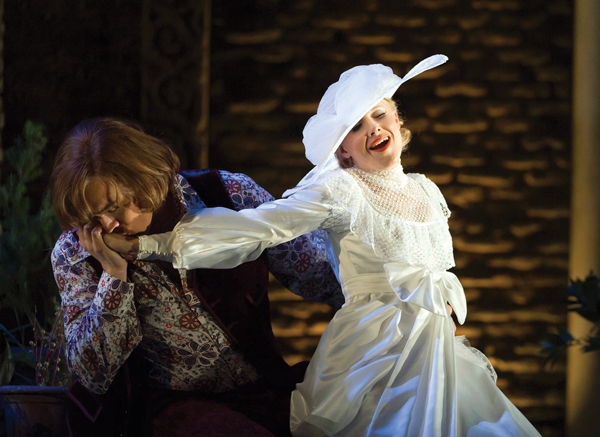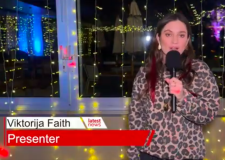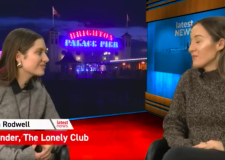Stage: A Night at the Opera
The brilliance of Glyndebourne and the beauty of the Royal Opera House are easier to enjoy these days

Glamorous as a night at the opera can be, many people are daunted by the expense. And it has to be said that both the opera and ballet at the top level can be pretty pricey. But in recent years much has changed. The mergence of opera in particular as a fashionable art form, thanks in part to soccer I suppose, has meant that the demand has increased. Opera stars regularly top the classical music charts these days and visiting opera companies tour the UK with great regularity.
Here in Sussex we are lucky to have one of the world’s great opera houses on our doorstep. Glyndebourne is internationally acclaimed and has a worldwide reputation for staging some of the most exciting new productions each season in addition to nurturing new talent both on and off the stage.
As a business, the festival at Glyndebourne receives no subsidies from local or national sources but depends entirely on donations from sponsors and benefactors, and of course the ticket prices.
In recent years the management team have become increasingly aware of the need to attract a new, younger, future audience. To do that they have had to create new initiatives amongst which are the very popular £30 for under 30s tickets, of which they release 1,000. Having attended on such a night it was wonderful to see the auditorium filled with young faces, all of whom have embraced the glamour of the occasion and seemed to lap up the joyous spectacle and soundscape that great opera gives us.
With no funding for the main festival programme, Glyndebourne is quick to point out that for the tour and for their eductional programme they do receive support, and quite rightly too. Glyndebourne’s touring company takes to the road with a set of works to delight audiences across the country. For touring purposes the sets may be slightly pared down but in every other respect this is the real deal. It is also a great opportunity to see rising stars of the opera world in leading roles, another element of the business that Glyndebourne is passionate about.
The eduction and community programmes go from strength to strength, engaging with the local community, involving people of all ages and staging exciting new works that sit as comfortably on the stage as the classical repertoire that the company has become famous for.
The core objective of the company is financial independence which they believe gives them creative independence. The tour and education programmes though have become an essential part of the mix and one which fans enjoy as much as the season’s programme of classics. It’s a tight financial balancing act: they have a turnover of £25m a year, 65 per cent of which comes through box office. It only takes a one per cent variance in ticket sales to wipe £100,000 off the bottom line.
Equally exciting and popular is the newer digital presence of Glyndebourne with each production available to stream from both their own website and the Guardian’s. And cinema screenings have become a sell-out success with audiences taking picnics, fully embracing the Glyndebourne phenomenon.
At The Royal Opera House the digital presence across the world is equally important and in their next cinema season they will be showing a wide range of operas and ballets. In the last season, one cinema performance was so popular that it was the number three grossing performance in the UK that day, a staggering fact when you look at the usual fare of the multiplexes.
Seeing opera and ballet on screen is a rather special event as they are screened live from the opera house in Covent Garden using vast numbers of cameras and technology. Unlike a seat in the house, you really do get to see the whole, the excitement of close-ups as singers reach for that C, the spectacle of a full chorus as seen from the back of the amphitheatre, the precise pattern-making of the corps de ballet from the centre of the circle, all of which are special in their own way and certainly cannot all be enjoyed from one seat, no matter how much you pay.
The Glyndebourne 2013 Festival programme includes Strauss: Ariadne auf Naxos, Verdi: Falstaff, Mozart: Le Nozze di Figaro, Rameau: Hippolyte et Aricie, Donizetti: Don Pasquale and Britten: Billy Budd. www.glyndebourne.com
The ROH productions to be screened during 2012/13 are: Swan Lake live, 23 October 2012; Les Troyens various dates in November 2012; The Nutcracker live, 13 December 2012; La bohème live, 15 January 2013; Eugene Onegin live, 20 February 2013; Alice’s Adventures In Wonderland live, 28 March 2013; Nabucco, 29 April 2013; La Donna Del Lago live, 27 May 2013, Gloriana live, 24 June 2013; full details at http://cinema.roh.org.uk





















